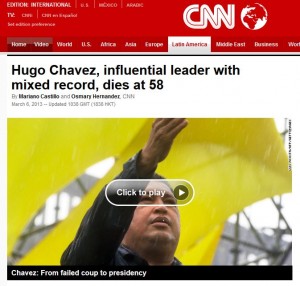Ọ̀pọ̀lọpọ̀ Yorùbá ló nṣe dáradára ní ilé àti àjò tí a kò gbọ́ ìròyìn wọn. Óṣeni lãnu wípé àwọn diẹ tó nṣe iṣẹ́ ibi bi: gbígbé oògùn olóró, ẹgbẹ́ òkùnkùn, olè jíjà àti bẹ̃bẹ lọ mba àwọn yoku jẹ.
Yorùbá ni “Ẹni jalè ló bọmọ jẹ”, ìròyìn iṣẹ́ rere ki tàn bi irú ìròyìn iṣẹ ibi ti Michael Adébọ́lájọ àti Michael Adé́bọ̀wálé tó kárí ayé.
Ó yẹ ki Ìjọba àti gbogbo Yorùbá pa ẹnu pọ lati bá oníṣẹ ibi wi nítorí gẹ́gẹ́bí òwe Yorùbá “Ẹrú kan ló́ mú ni bu igba ẹrú”.
ENGLISH TRANSLATION
Many Yoruba indigenes that are doing well both at home and abroad never made any news. It is unfortunate that the few that engaged in evil acts like: drug peddling, cultism, stealing etc. are destroying the good work of the others.
Yoruba adage said “He/She who steals destroys the innocence of a child”, news about good deed never spread like the news of the recent evil act committed by the duo: Michael Adebolajo and Michael Adebowale that spread all over the world.
It is apt for the Government and all Yoruba indigenes to join hands to condemn evil because according to the Yoruba proverb, “One slave causes the abuse of two hundred”.







